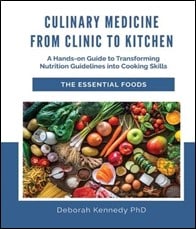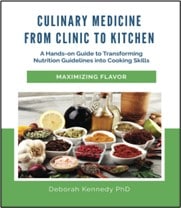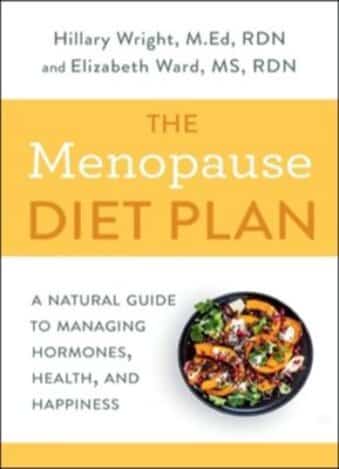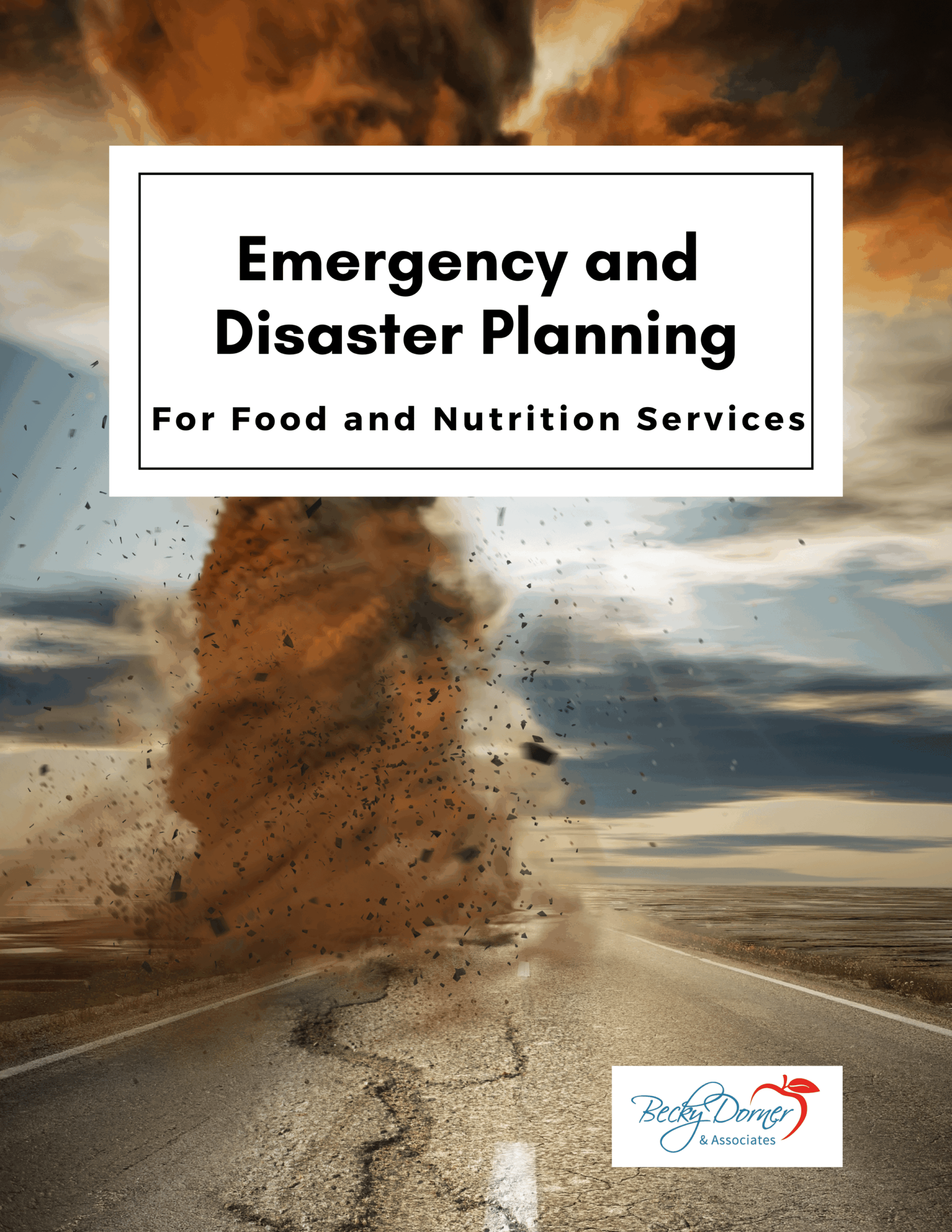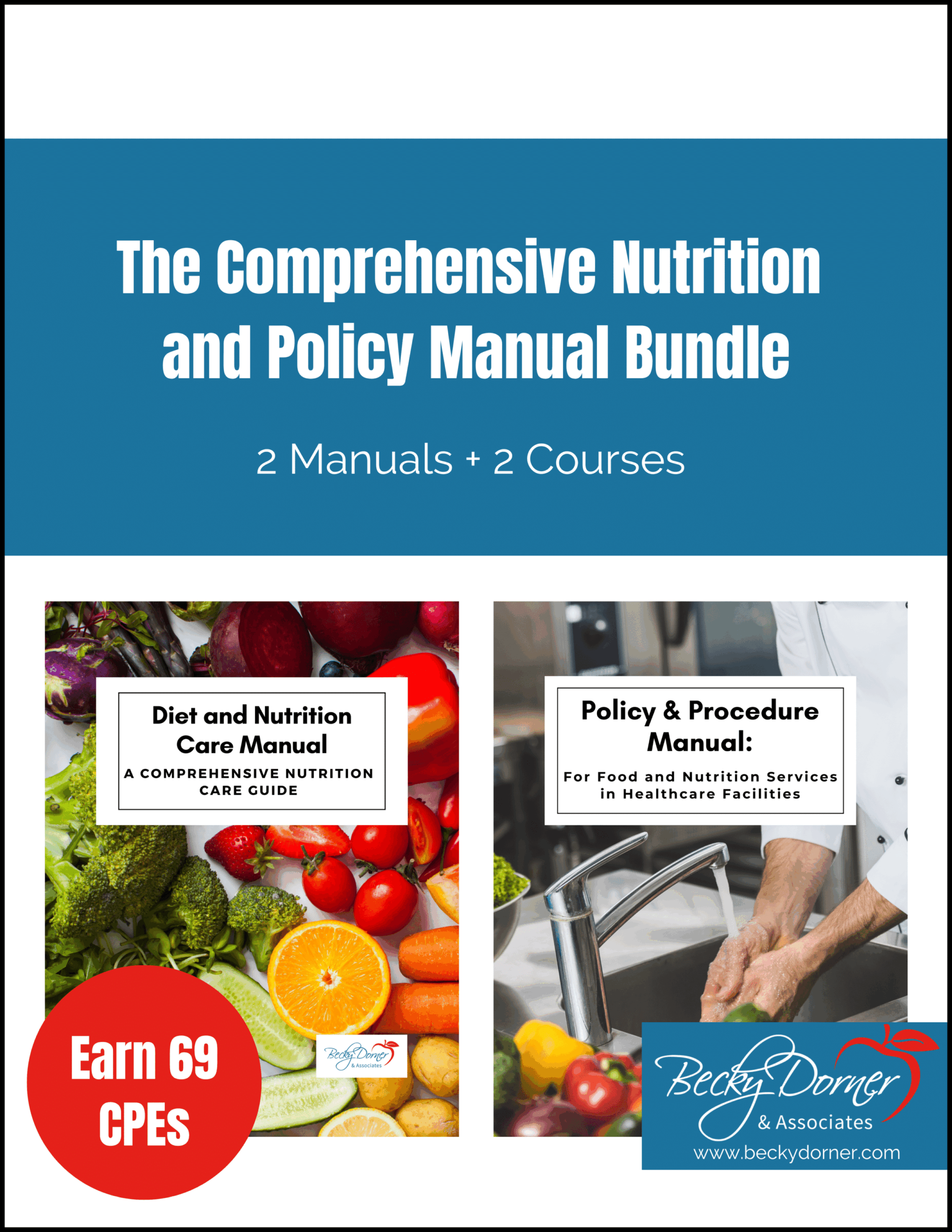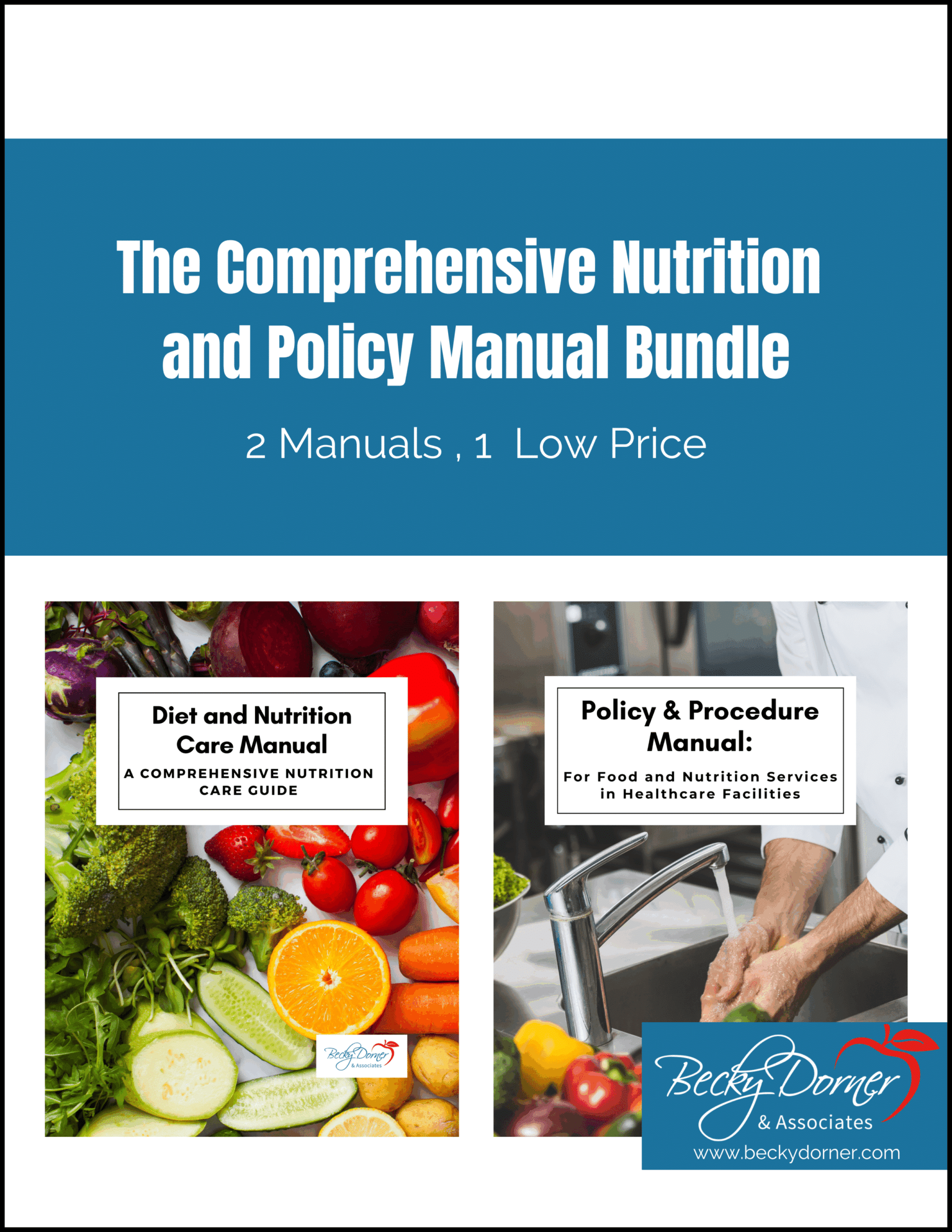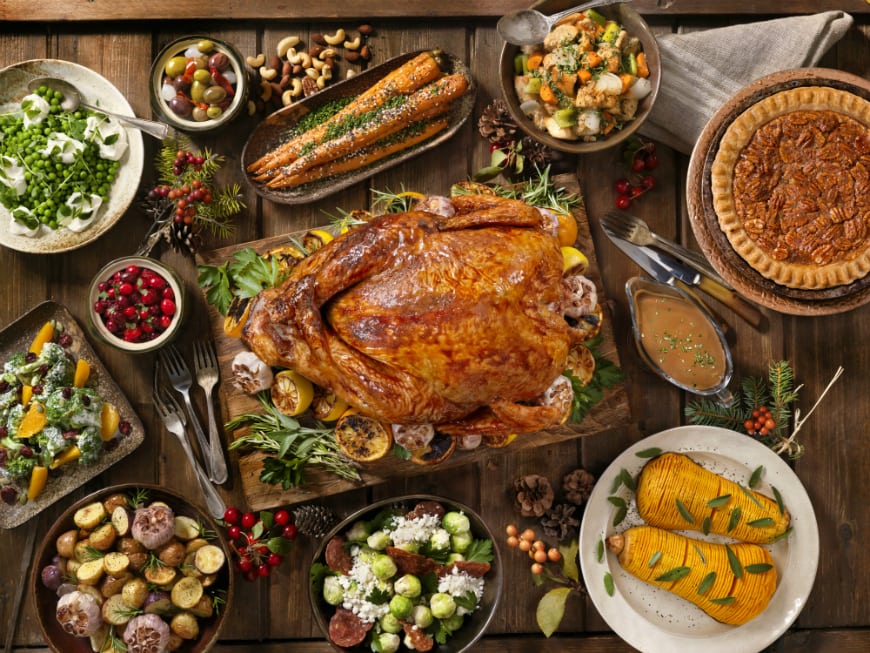
The smell of turkey roasting in the oven… The sight of the table set for a very special holiday gathering… Candles glowing brightly…festive holiday music… The flavor of your favorite holiday dessert melting in your mouth… Hugs and laughter with the people you love the most. These are some of the special delights that elicit wonderful, heartfelt memories of holiday celebrations with family, friends, food, and fun that are even more valuable after years of COVID restrictions.
We all want to enjoy festive foods on special occasions, without feeling guilt or suffering from negative outcomes. Holidays can be a challenging time for older adults with medical conditions. Older adults often ask: “How strictly do I have to follow my diet during the holiday?” “Is it OK to ditch my diet and take a ‘diet holiday’”? The situations below are common and provide clarity on managing holiday meals.
Glen is happy to have made it to 90 years old. He has diagnoses of heart failure (HF), COPD, and emphysema. His doctor has had him on a strict 2000 mg sodium diet for over a year. Since that time, he has lost 45 pounds, from 145 to 100 pounds on his 5’4” frame. He eats well when meals are prepared and if someone eats with him. He was recently placed on home hospice, but his attitude is good. His medications have been reduced from 22 pills a day down to about 9, he seems to be fairly stable. His wife and caregivers worry about his salt intake since the doctor said he needed to follow a low sodium diet. As his registered dietitian nutritionist, what advice should you give? I’d say, “Ditch the diet!”
Doctors often order a 2000 mg sodium diet with a 2000 mL fluid restriction per day for heart failure patients, but that recommendation is controversial. Evidence indicates decreased hospital readmissions and mortality in patients with compensated congestive HF on a 2000-3000 mg sodium a day1..Because Glen is on hospice care diet rules go out the window. Hospice patients are encouraged to eat whatever they want, and symptoms are controlled with medications. Since Glen has lost so much weight, this is the best approach to take, especially during the holidays. Encouraging him to eat the foods he loves is the best plan of care for Glen. At the end of life, as long as hospice continues to monitor his breathing, blood pressure, and edema and address uncomfortable symptoms, Glen should find comfort and pleasure in food he enjoys.
Glen’s wife, Martha, is 89. She has hypertension and had a myocardial infarction with stent placement at age 80. She has been following a low fat, low cholesterol, 2-gram sodium diet ever since. She has developed moderate cognitive impairment and has had 10 pounds of unintended weight loss in the past year. Martha is still independent with her activities of daily living and she walks without assistance. She needs someone to prepare her meals and clean the house, but she still likes to make herself useful. She has no swelling in her lower extremities and does not exhibit any other symptoms of hypertension or cardiac distress. What would you recommend for Martha?
Since Martha has also experienced weight loss and is frailer now than she was a year ago, at age 89 Martha should probably also ditch the diet!
It is certainly important to be aware of cardiac problems while balancing clinical status, prognosis, and risk for malnutrition. If blood pressure control and lipid reduction are goals for Martha, her blood pressure should be monitored frequently. She should take her medication as directed to achieve these goals and enjoy her meals. Physical activity based on her abilities, along with a liberalized diet encouraging a variety of healthy foods with moderate sodium levels may be the best approach for Martha, especially during holiday season. The Dietary Approaches to Stop Hypertension (DASH) diet can help reduce Martha’s blood pressure, if she is willing and able to adopt it.2
As part of her nutrition plan of care, Martha should be assessed for malnutrition with interventions recommended as needed to improve her nutritional status3. Martha should get plenty of protein in her diet and strive for 30 grams of protein per meal. In combination with weight bearing exercise, protein intake spread throughout the day can help Martha maintain her muscle mass and strength4.
At 70 years of age, Glen and Martha’s son Edgar is a “young” older adult. He is overweight, has hypertension and abnormal blood lipids, and with his family history has multiple risk factors for cardiovascular disease. As he sees his parents age, Edgar begins to worry more about his own health status. Edgar lives independently and is very active. He travels several times each year, golfs, enjoys wood crafts, and has a healthy social life. He loves a satisfying meal as well as a good cocktail hour every evening. He also loves to snack, attend parties with friends and family, and tends to over-eat and drink during these occasions. Edgar cold benefit from some tweaks to his diet. Preventing cardiovascular disease and dementia are goals for a “young” older adult like Edgar. A Mediterranean Style Eating Pattern or MIND Diet would be good suggestions for Edgar. There are many sources of information on these diets, but here is a sample diet guideline. Edgar could benefit by learning some healthy holiday eating tips, including consuming plenty of fruits and vegetables, making healthy food choices and practicing portion control, to help him enjoy the festivities without paying a heavy price in the days after the event.
What’s the Bottom Line?
Every person is unique and advice should be tailored to individual needs. Most frail older adults can probably “ditch the diet” for a special holiday meal. Healthier older adults that are trying to reach health goals can enjoy holiday festivities by enjoying favorite foods in moderation.
Originally published November 6, 2017.
References:
- Evidence-Based Nutrition Practice Guideline on Heart Failure published 2017 by the Academy of Nutrition and Dietetics. https://www.andeal.org/topic.cfm?menu=5289. Accessed October 20, 2022.
- Academy of Nutrition and Dietetics Nutrition Care Manual. www.nutritioncaremanual.org. Accessed October 20, 2022.
- Goldberg JP, Chernoff R. Cardiovascular disease in older adults. In: Chernoff R, ed. Geriatric Nutrition: The Health Care Professional’s Handbook. 4th edition. Burlington MA: Jones and Bartlett Learning: 2014:277-296.
- Paddon-Jones D, Rasmussen BB. Dietary Protein recommendations and the prevention of sarcopenia. Curr Opin Clin Nutr Metab Care. 2009 Jan;12(1):86-90. doi: 10.1097/MCO.0b013e32831cef8b.
For more information on this topic, refer to Diet and Nutrition Care Manual: Comprehensive Edition from Becky Dorner & Associates, Inc.

